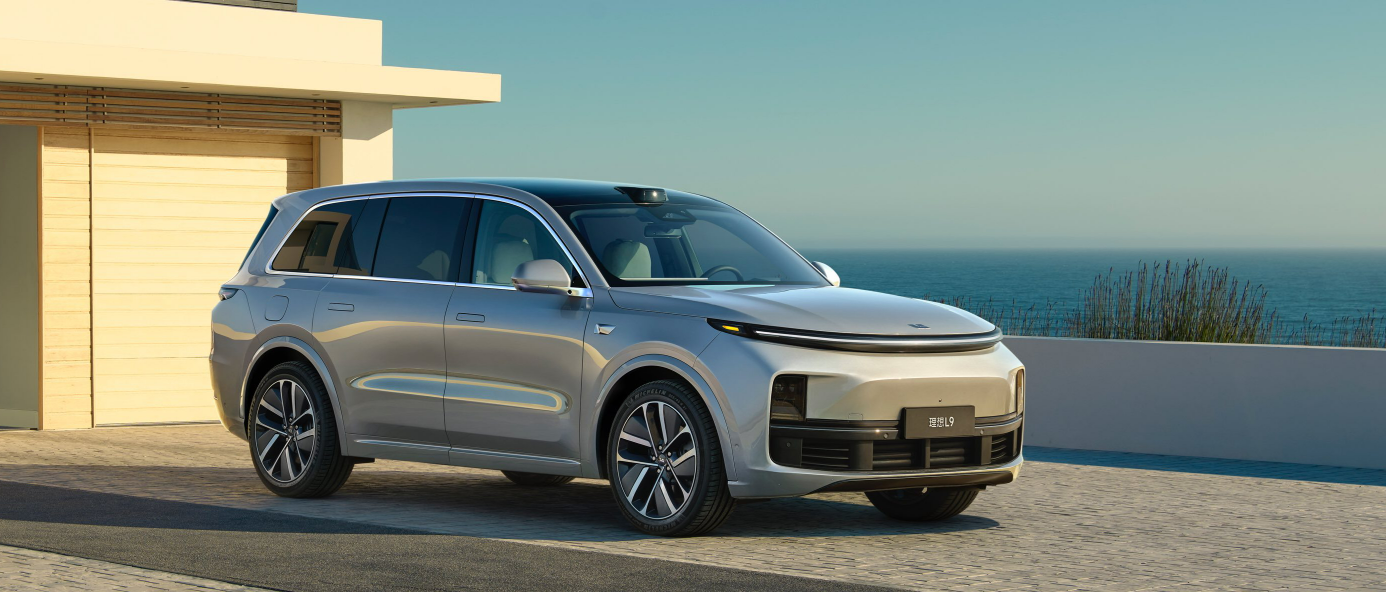EV sales in Australia have been experiencing a significant surge, accounting for a remarkable 7.2 percent of all new car sales in the year 2023. This notable figure marks a staggering 291% increase in comparison to the previous year, signalling a robust and accelerating shift towards electric mobility in the Australian automotive market.
According to data from carexpert.com.au, The top seven EVs sold in Australia are: Tesla Model Y and Model 3, BYD Atto 3, MG ZS EV, Volvo XC40, Polestar 2, and Volvo C40. However, none of those models have 6-seaters for a large family.
Good news is that iEV team has found two new models that could meet your demand: Denza D9 and Li-L9.
Denza D9 is a luxury MPV produced by a joint company between BYD and Mercedes-Benz. The D9 below has a six-seat, three-row layout, and a cabin laden with tech, including no fewer than seven screens – three in the front cabin and a pair each for the middle-row passengers, with individual infotainment displays and small smartphone-sized controllers for the business class-style seats. Those seats also incorporate 10-way adjustment and a 10-point massage function.
Denza D9 would be BYD’s biggest-battery car, since its capacity is 103kWh (compared to Model Y’s stand battery size of 68kWh); the car has a range of as much as 620km based on China’s NEDC testing process.
This luxury MPV is not available in Australia yet, and the selling price overseas is from approximately AUD82,000.


Source: https://www.tengshiauto.com/product-detail/d9.html
Li-L9 is a creation of Li Auto Inc., a renowned Chinese electric vehicle manufacturer established in 2015. This flagship SUV is a spacious and luxurious six-seater, tailor-made for families seeking ultimate comfort. It boasts a self-developed flagship range extension and chassis systems, ensuring an exceptional driving experience. In addition to its remarkable performance and safety features, Li-L9 offers a groundbreaking five-screen, three-dimensional interactive intelligent cockpit, redefining the driving and entertainment experience.
The Li L9's innovative range extension system is powered by a proprietary 1.5-liter, four-cylinder, turbocharged engine, meticulously designed and manufactured in-house. This cutting-edge engine achieves an impressive maximum thermal efficiency of 40.5%, resulting in remarkable fuel economy under CLTC standard operating conditions, as low as 5.9 liters per 100 kilometers.
This remarkable efficiency is further complemented by the vehicle's sleek aerodynamics and high motor efficiency, enabling the Li L9 to achieve a CLTC range of 1,315 kilometers and a WLTC range of 1,100 kilometers. Additionally, the Li L9 can supply up to 3.5 kilowatts of electricity for external use, offering versatile utility for on-the-go power needs, anytime and anywhere.
This luxury family SUV is not available in Australia yet, and the selling price overseas is from approximately AUD90,000.



Source: https://www.lixiang.com/L9#L9
Find the chargers and accessories we offer here!
At iEV, we not only provide top-quality EV chargers and accessories, but also deliver exciting and in-depth insights from the global EV market, handpicked by our founders every week.


Share:
How to charge your electric vehicle if you live in an apartment
When can we buy EVs under A$30,000 in Australia?